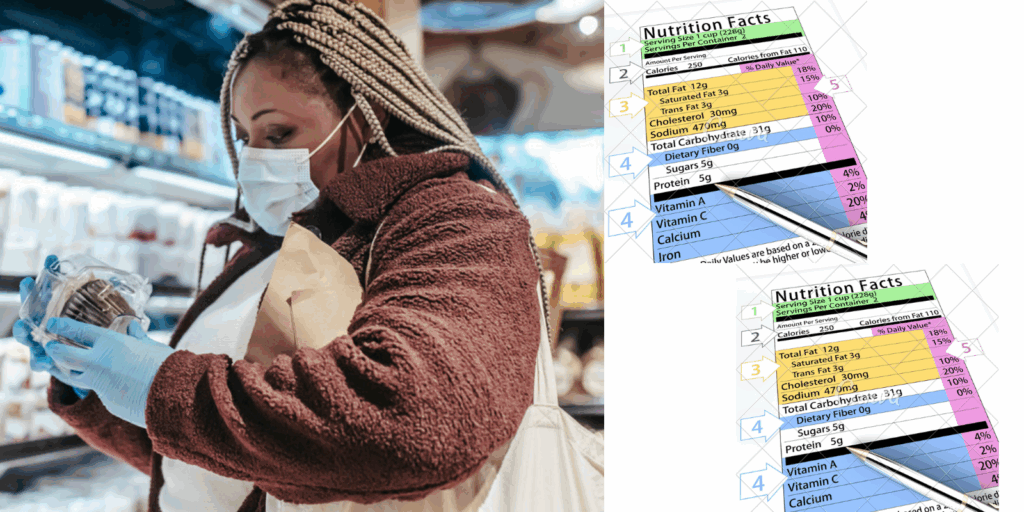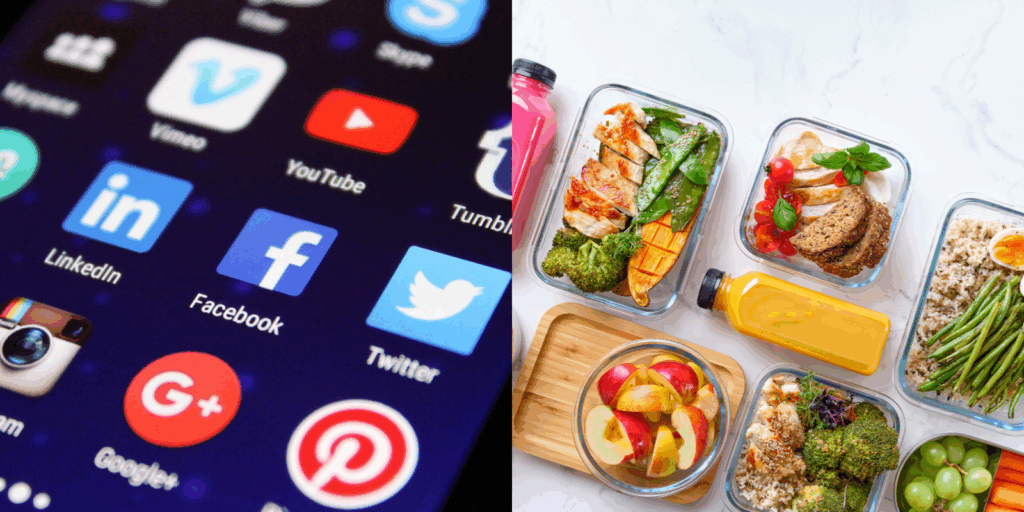
The Hidden Toll Of The American Diet
A poll conducted in January 2024 revealed that 93% of U.S. citizens have a “physical impact” from their diet, with many reporting feeling exhausted as a result. No lies detected. Every time I eat a heavy meal or something fatty, I tend to feel exhausted.
According to a survey of 2,000 US individuals, many of them attribute their feelings of exhaustion (54%), frustration (22%), or even sadness (17%) to their food by the end of the day. There is little doubt that the things we eat have an impact on our mood, either positively or negatively. You may benefit from additives and preservatives depending on the food component you’re eating. If you eat too many of them, though, they may also be harmful to your health.
In general, 20% of respondents said their diets were “very healthy,” but 16% were prepared to acknowledge that they were unhealthy. Nineteen percent even believed that they were not getting enough nutrients from their diet.
Compared to only 13% of males, nearly one in four women (23%) expressed particular worry that their diet did not satisfy their needs.
According to one in five Americans, they have no idea where their food originates from. Unfortunately, most U.S. citizens rely on grocery stores and fast food restaurants for their meals, leaving little time in their hectic daily schedules to research the origins of their food.
A Percentage Of Americans Want Better Food, But Don’t Always Read The Label

According to a survey commissioned by Daily Harvest and carried out by OnePoll, a quarter (24%) “rarely” or “never” look at the nutritional labels of the foods they buy, and 18% are unsure of where their weekly groceries come from.
When I go grocery shopping, I usually determine whether or not to buy food items by looking at their labels. It’s easier to determine whether or not to purchase anything if I’m familiar with the ingredients. However, because I’m lazy sometimes and haven’t done my research, some food items contain ingredients I’ve never heard of. And because that is the case, I still might purchase the item if I need it or want it.
Only 18% of consumers always read the nutritional labels of the meals they purchase, and 47% have discovered components in their favorite foods that they were unaware of.
Researchers showed that Gen Zers were the most savvy when it came to reading the labels of their favorite foods (75%), while millennials and seniors over 78 were the least inclined to do so (27% and 23%, respectively). Apparently, things are being done differently by the younger generation!
Continue….
Many Americans said they would be willing to buy food from sustainable sources more frequently if it were healthier for them to eat (48%), could help them control their weight (26%), or enhance their heart health (32%).
TOP 5 MOTIVATORS TO BUY SUSTAINABLY SOURCED FOODS
- To eat healthier overall – 48%
- Improve my heart health – 32%
- Weight management – 26%
- In order to boost my energy – 25%
- Manage my stress levels – 20%
“By examining this data, we can tell that there’s a persistent problem where people are coming across foods that involve ingredients or origins that aren’t familiar to them, which is then impacting how they feel at the end of the day,” said Carolina Schneider, MS, RD, Daily Harvest’s Nutrition Advisor. “That’s something no one should have to worry about when their health is on the line.”
Social Media Is Changing How U.S. Citizens Manage Their Health

The number of people getting their health and wellness information was also examined in the poll. A third of people now go to social media (35%) or their relatives and friends (33%), while 42% still primarily rely on their doctor for health trends. Although doctors are essential, we should occasionally take control of our health by doing our own research. Your best buddies are books and Google.
Those who use social media to provide health information say Facebook (71%), Instagram (44%), and TikTok (41%) are the greatest platforms to utilize. Merely one-third of respondents think social media has improved their perception of their health. In addition, there are several YouTube channels and social media pages dedicated to health and well-being. So, there should be no excuses. We have access to information at all times.
U.S. Citizens Are Curious And Cautious About GLP-1 Drugs

More than a quarter (28%) attribute the greatest influence on the popularity of GLP-1 medications—drugs designed for diabetic patients but with a new off-label application for weight loss—to social media.
Millennials are the most inclined to take the GLP-1 drugs to lose weight (48%), and seniors over 59 are the least likely (66%), with over one-third (37%) saying they would be willing to try one in order to reduce weight.
Additionally, Gen Z appeared to support the drugs (44%), but they were more likely to investigate the drugs in advance than millennials (78% vs. 75%). Keep in mind that research is essential before taking drugs because many of them have adverse effects.
Furthermore, people who self-reported eating “very healthy” diets were more likely to find the drugs intriguing. Fifty-three percent of these individuals expressed interest in the drugs. In comparison, only 37% of those who admitted to not eating healthily felt the same way.
A higher proportion (45%) stated they would avoid it, with reasons including uncertainty regarding the long-term consequences of GLP-1s (42%), lack of medical necessity (35%), or inability to pay for them (23%).
“It’s clear that people have a healthy amount of caution around these new medications,” continued Carolina. “It’s all about taking the appropriate steps and understanding whether this is the best course of action for a person. People want to know what these medications are, what they can offer them, and — most importantly — the necessity of having a healthy diet to accompany their use.”
Survey Methodology
This random double-opt-in survey of 2,000 general population Americans was commissioned by Daily Harvest between Jan 2 and Jan 4, 2024. It was conducted by market research company OnePoll, whose team members are members of the Market Research Society and have corporate membership to the American Association for Public Opinion Research (AAPOR) and the European Society for Opinion and Marketing Research (ESOMAR).




